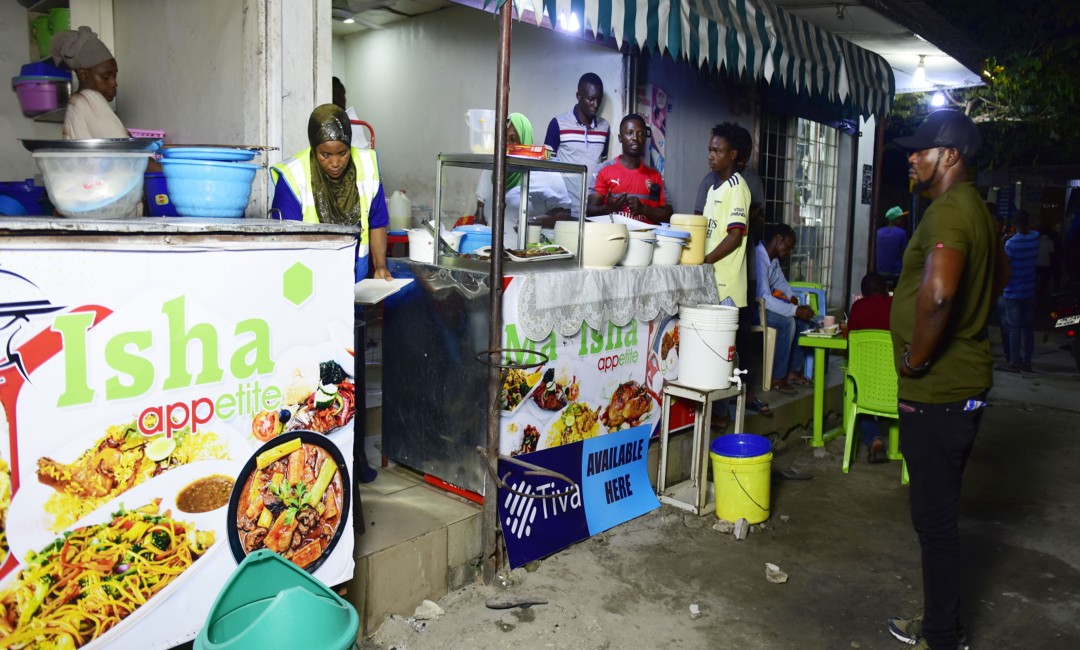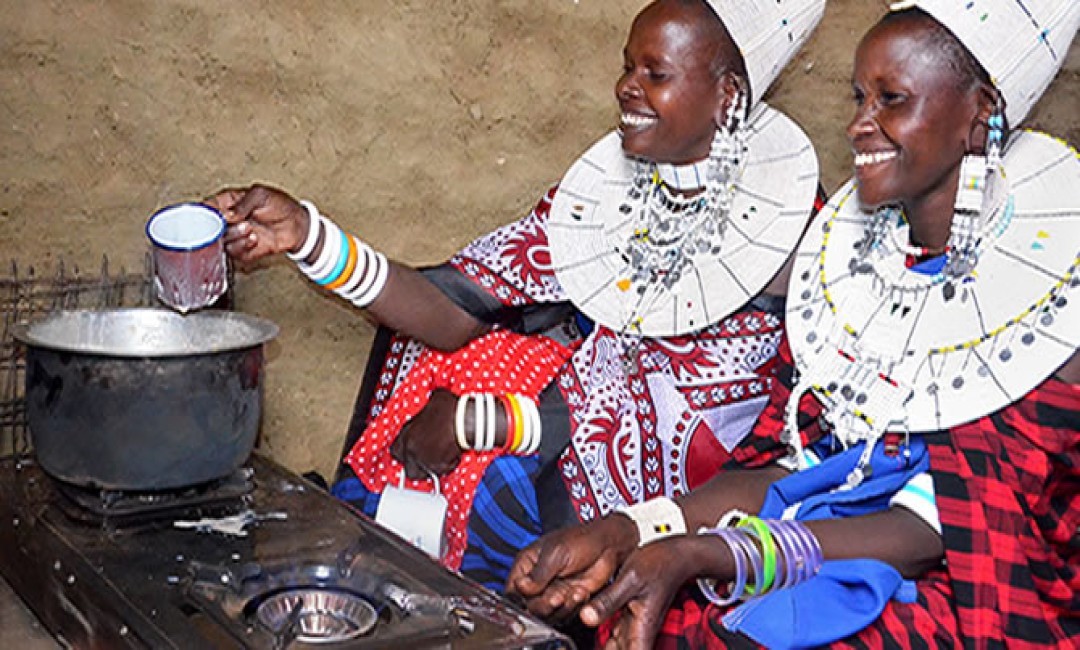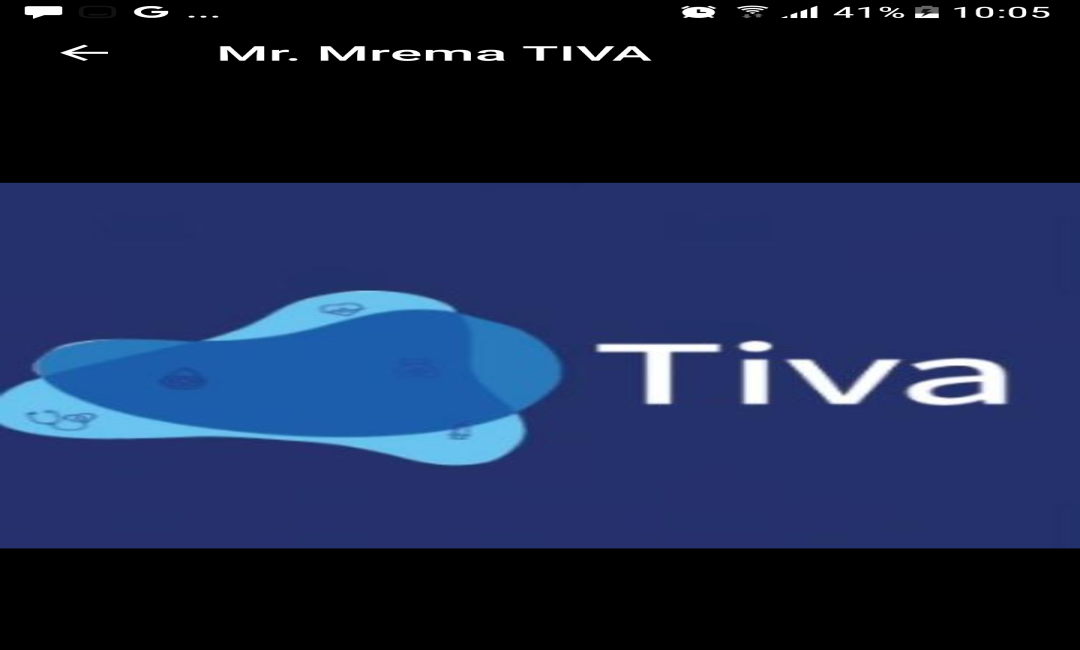How to find food surpliers covered by Tiva in your street

Food
In Tanzania, the majority of goods distribution, especially food, occurs through wholesalers and retailers. About 90% of food items sales happen in traditional small shops, street vendors, and unregulated markets in residential areas. A big portion of the common Tanzanians' income goes toward food and other living expenses. It is also known that only 8% of Tanzanians have a guaranteed monthly salary income, meaning the rest rely on daily labor and piecework to earn money. However, despite how hard one works daily to feed their families or afford a meal, we all know that there are those days when one cannot make enough to buy food for their family or themselves, which leads to families going without a meal that day.
While getting food on credit from familiar local shops is possible, this tendency negatively affects these small street shop owners’ capitals, leading most of them to refuse. Moreover, as a hardworking person responsible for feeding their family, it can be shameful or disgraceful to beg, and if one fails to pay back, they can be publicly humiliated or ashamed when asked to pay back and they haven't yet found the money. All of this causes some families to endure hunger.
In reality, this is a normal way of life in Tanzania, as around two-thirds of Tanzanians work in informal jobs and rely on credit and debt, with most of the money going toward food.
Tiva, a customer-focused company, stands out by prioritizing clients' well-being. We empower Tanzanians to purchase their daily food needs via the Tiva AI-powered centralized, easy-to-use platform. On days when Tiva subscribers have no money to buy food, instead of being ashamed and begging to borrow from friends, families, or shop owners, Tiva pays for that transaction. If the borrower pays back within 24 hours, there are no interest charges. These are short, smart, daily food-related loans.
Tiva subscribers can access this service at all small kiosks or street shops (such as Kwa Mangi Shop or Mpemba), local markets, Mama Lishe, restaurants, and supermarkets all over the country. This isn't just about providing essential food; it's a lifeline for hardworking people who did not make enough that day and lack funds, allowing them to access essential resources like food, transportation, gas, and utilities with flexible delayed payments and a small interest rate.
 Tiva Mexico
Tiva Mexico Tiva Dominican Republic
Tiva Dominican Republic Tiva Haiti
Tiva Haiti Tiva nicaragua
Tiva nicaragua Tiva Ecuator
Tiva Ecuator Tiva India
Tiva India Tiva Tanzania
Tiva Tanzania Tiva Zambia
Tiva Zambia Tiva DR Congo
Tiva DR Congo Tiva Nigeria
Tiva Nigeria Tiva Benin
Tiva Benin Tiva Ethiopia
Tiva Ethiopia

